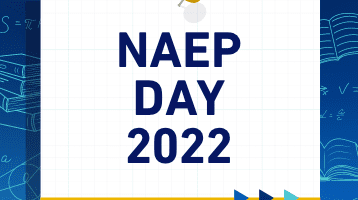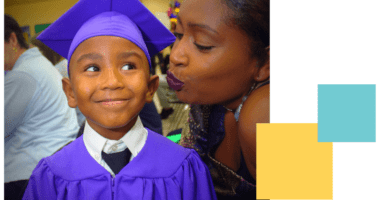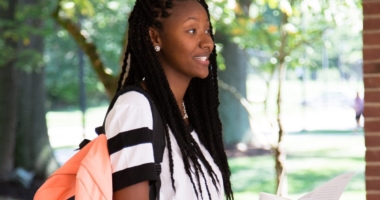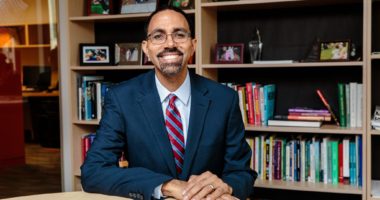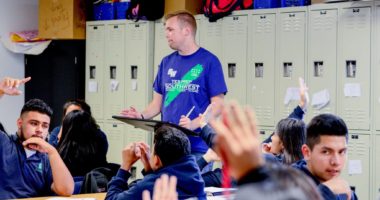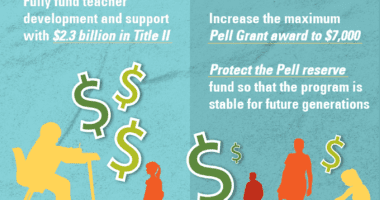Students With Disabilities Need to be College- and Career-Ready Too
Outside of Ed Trust, I volunteer as an educational surrogate for young men with disabilities who are in the foster care system. I often meet them at the end of the road, 17 years old and still high school freshmen. Their transcripts are littered with classes taken and failed across multiple schools, Individualized Education Plans with anemic goals, generic Behavior Intervention Plans with snacks and time-outs, and schedules filled with the kinds of course titles that college admission counselors and employers look at and sigh.
And Transition Plans that state clear aspirations for college.
These young men aren’t exceptions. According to a new report from Achieve, more than 80 percent of special education students with Transition Plans indicate postsecondary education as the primary goal. But too few are leaving school with a diploma and skills that will get them there. In many states, students with disabilities are guided toward earning a certificate of completion or alternative diploma, or simply given a pass on certain course requirements or assessments on the way to a standard diploma.
These students may be surrounded with teams of supports: instructional specialists, classroom aides, counselors, therapists, and behavior techs, who are all working hard. But if schools don’t simultaneously provide students with the information, guidance, and academic rigor they need, they are not helping students toward their goals after graduation; instead, they are leaving them stranded.
For too long, we have been queasy as a nation to insist that our schools not just embrace and “include” special education students, but also actually prepare them for the same world as their peers. Achieve charges that it is not only the right thing to set the same high goals for these students, but that the vast majority of students with disabilities can meet those goals, given the proper supports and guidance.
When students like the young men I work with exit the school doors, that diploma will be the only piece of paper in their hand. Not their Individualized Education Plan with growth measures, abbreviated goals and accommodations, not their Intervention Plans with supports and allowances, and no trace of the host of professionals who have wrapped them in supports along the way. Their ticket, their assurance, will be that one piece of paper: their diploma. It’s our job to ensure that it means something.


